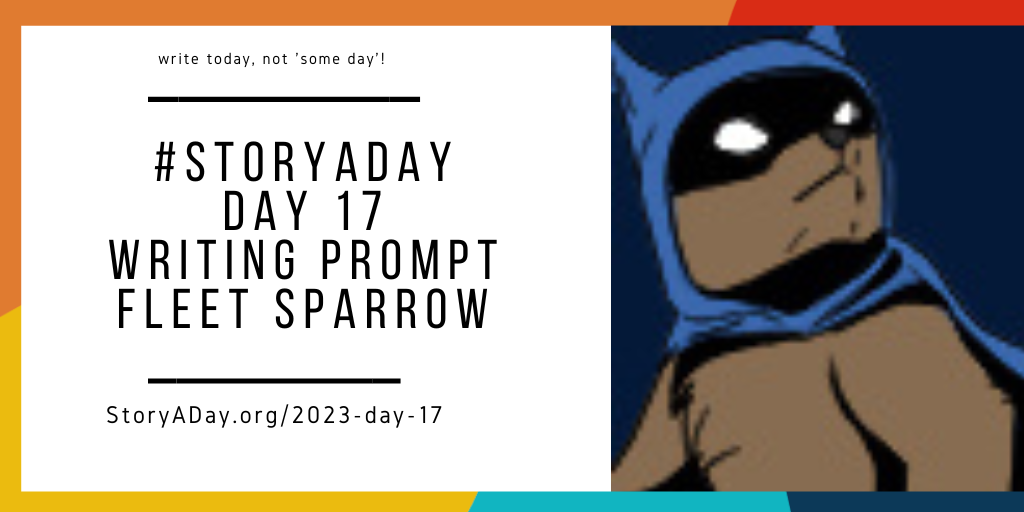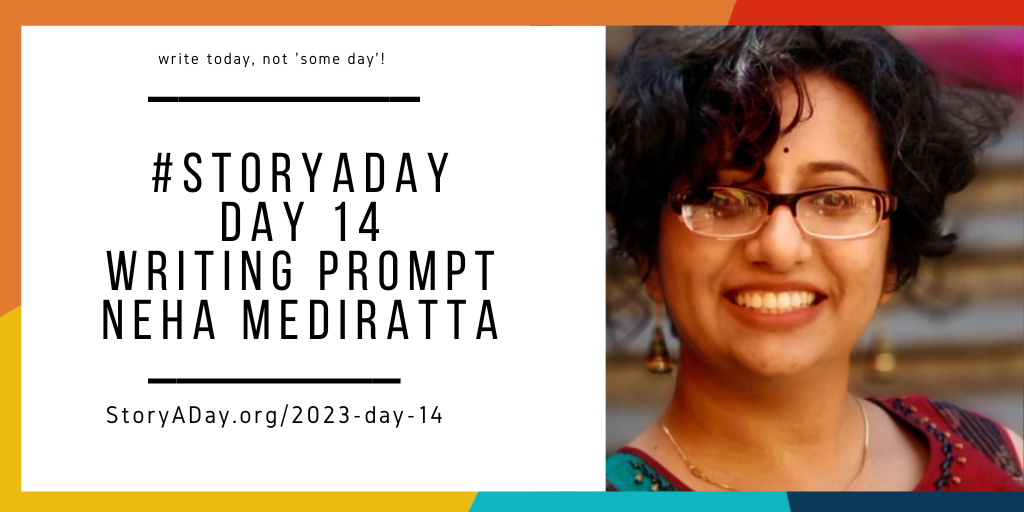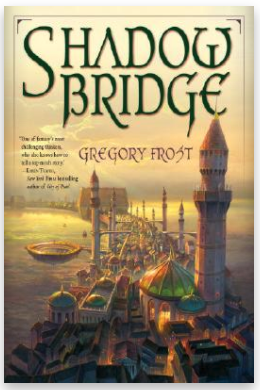The Prompt
Lately, I’ve been fascinated by how many times people will say “we” when they really mean “I”. There’s the courtly “royal we”, the Borg-like hive mind “we”, the “you and what army? we”, etc. So, for a challenge, write your story in the first-person plural.
Think about who would be using the plural first-person. What are they hiding about themselves? What are they telling? How many is the “we” including: one, two, or hundreds? And, for fun, just notice how naturally or unnaturally this “we” comes to you when writing.
Fleet Sparrow
Fleet is an avid fanficcer and smut lover who enjoys playing with long-held ideas and figuring out how to break them into something new. Zie loves Batman/DC Comics, writing, reading, music, and puns.
Y’all can find zir on Twitter (sometimes) at @FleetSparrow; on Substack (rarely) at fleetsparrow.substack.com; and on ArchiveOfOurOwn (often) under the name, you guessed it, FleetSparrow.
Join the discussion: what will you do with today’s prompt OR how did it go? Need support? Post here!

Here’s your next Game Piece. save the image and share on social media with #storyaday
Prefer paper crafts? Here’s the cut & paste version












